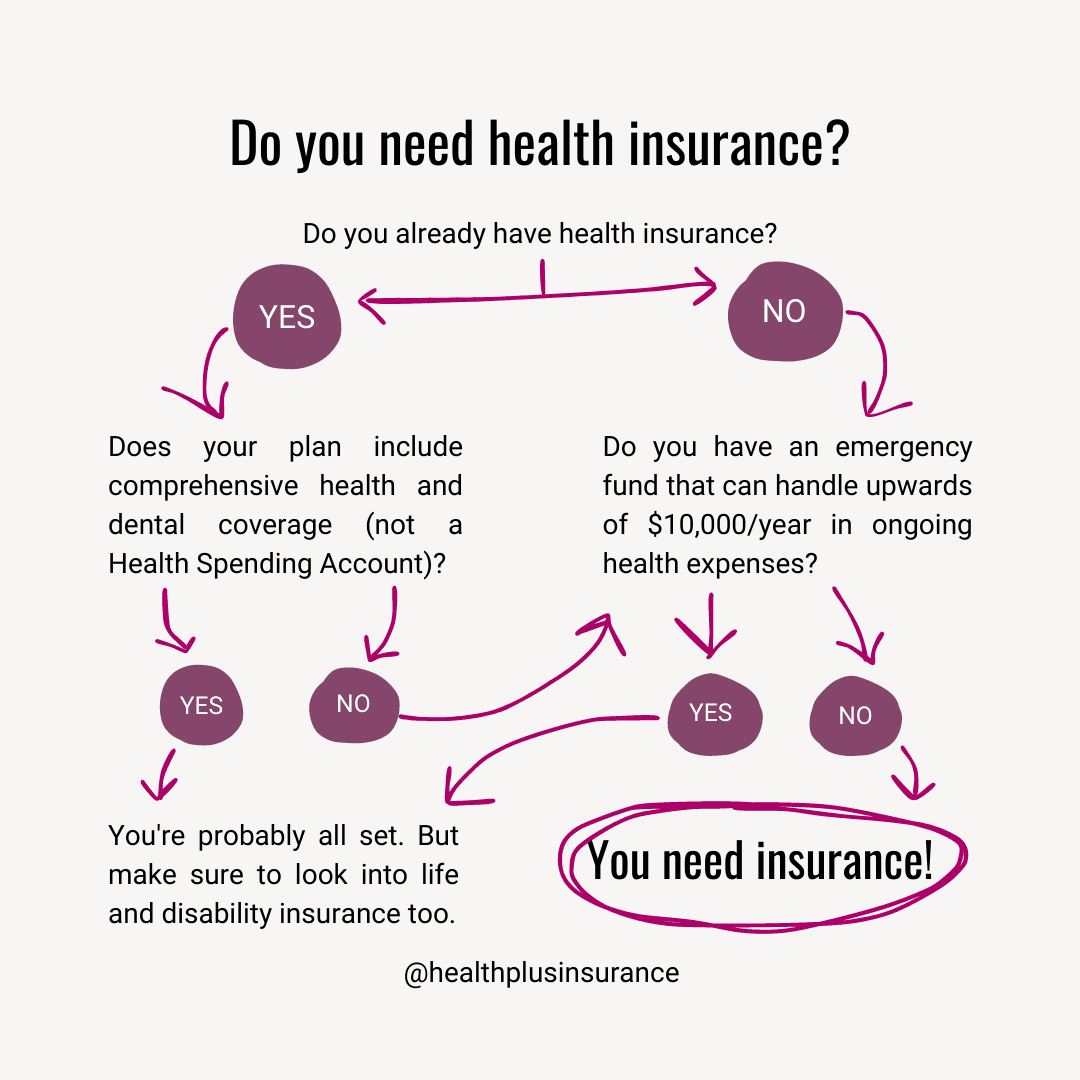
5 Good Reasons for Freelancers to Have Business Insurance Coverage
5 Good Reasons for Freelancers to Have Business Insurance Coverage (Guest Post)
Freelancers in Canada play a vital role in the national economy. Whether you're a freelance writer, independent consultant, or a solo entrepreneur, you are exposed to various risks in the course of your work. That's why it's crucial for freelancers to seriously consider having business insurance coverage in Canada. In this article, we will explore five compelling reasons why freelancers should consider purchasing business insurance.
1. Protection in Case of Disputes
One of the primary benefits of business insurance for freelancers is protection in case of disputes. If a client is dissatisfied with your work or if a third party suffers harm due to your professional activities, you could potentially face costly legal proceedings. Professional liability insurance can shield you by covering legal fees, settlements, and potential judgments. This allows you to work with peace of mind, knowing you have protection in place for such situations.
2. Financial Security in Case of Illness or Injury
Freelancers in Canada do not have the same benefits when it comes to sick leave or disability benefits as full-time employees. If you fall ill or are involved in an accident that prevents you from working, you could find yourself in a financially challenging situation. Business disability insurance can provide a safety net by disbursing benefits to offset a portion of your lost income in cases of temporary or permanent disability. This can help you maintain your standard of living and meet your financial needs during a difficult period.
3. Protection for Your Business and Equipment
If you use expensive equipment or tools in your freelance work, it's essential to safeguard them. Commercial property insurance can assist in covering the costs of replacing or repairing your equipment in case of theft, accidental damage, or natural disasters. Moreover, if your business heavily relies on your physical presence to generate income, disability insurance tied to loss of income due to illness or injury can help keep your business afloat in the event of your inability to work.
4. Managing Contract-Related Risks
As a freelancer, you may enter into contracts with your clients. These contracts might include liability clauses, delivery deadlines, and other commitments. In case of contract breaches or disputes arising from contractual obligations, you could be exposed to claims from clients. Professional liability insurance can aid in managing these risks by providing financial protection in case of contract-related litigation. This allows you to negotiate contracts with confidence, knowing you have coverage in place in case of issues.
5. Enhancing Credibility and Client Trust
Lastly, having business insurance can enhance your credibility as a freelancer in the eyes of your clients. Clients often seek professionals who take their business seriously and are willing to invest in protective measures. Having business insurance can set you apart from the competition and reassure your clients about your commitment to delivering quality and reliable work. It can also help you establish long-term trust-based relationships with clients, which can be invaluable for the long-term success of your business.
Conclusion
In conclusion, business insurance is a crucial element of risk management for freelancers in Canada. It provides protection in disputes, financial security in case of illness or injury, safeguards your business and equipment, helps manage contract-related risks, and enhances credibility with clients. While it may represent an additional cost, the benefits of business insurance far outweigh the drawbacks. By investing in appropriate insurance coverage, you can protect your business and financial future while strengthening your position in the market as a trustworthy and competent professional. Therefore, it is advisable for all freelancers in Canada to carefully assess their business insurance needs and select coverage that suits their specific circumstances.









